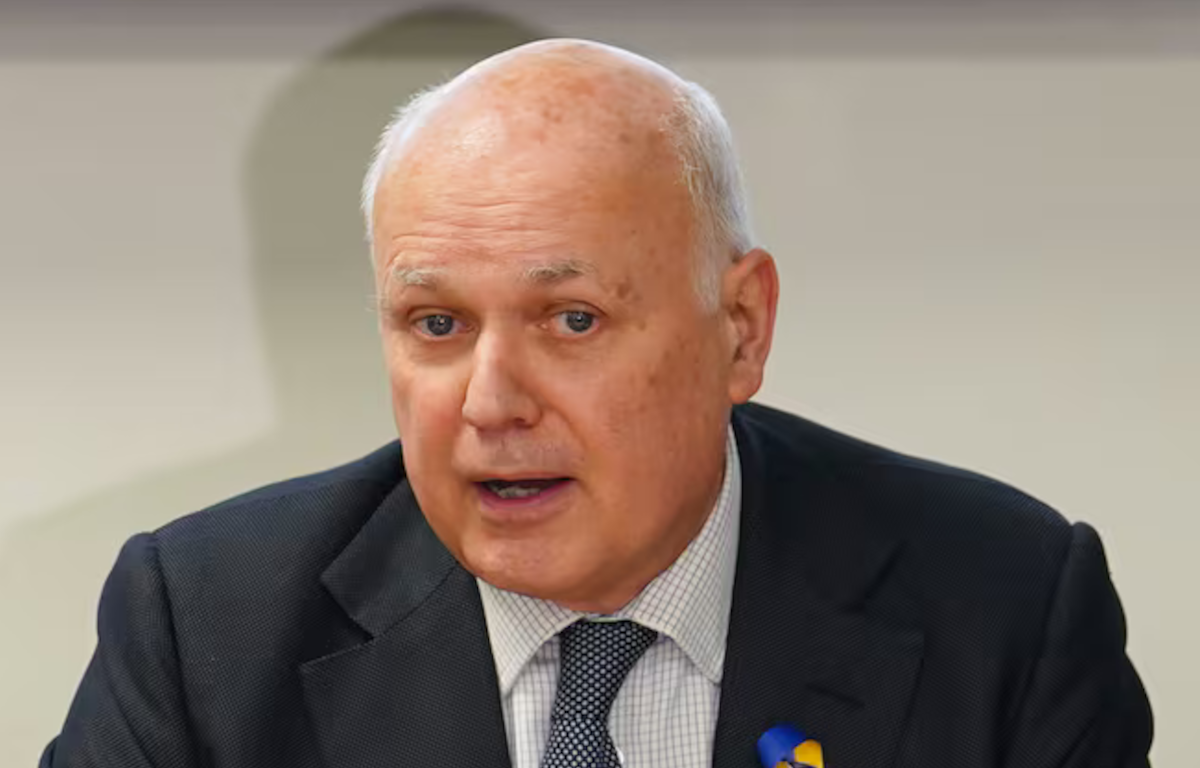
The US-ASEAN Center is set to become a focal point for fostering closer relationships between the United States and the ASEAN member states. This move aligns with the Biden administration’s broader strategy of reinvigorating America’s commitment to its allies and partners in the Indo-Pacific region.
The ASEAN bloc consists of ten member countries: Brunei, Cambodia, Indonesia, Laos, Malaysia, Myanmar, the Philippines, Singapore, Thailand, and Vietnam. Together, they form a critical economic and geopolitical force in Southeast Asia. The establishment of the US-ASEAN Center reflects the United States’ recognition of ASEAN’s growing significance in global affairs.
The US-ASEAN Center will serve as a platform for fostering cooperation in various fields, including trade, security, education, culture, and technology. It will facilitate dialogues, exchanges, and collaborations between American institutions, businesses, and government agencies and their counterparts in ASEAN member nations.
One of the primary objectives of the center is to promote economic integration and growth in the region. By strengthening economic ties and encouraging investment, it aims to create new opportunities for businesses and promote sustainable development.
The establishment of the US-ASEAN Center comes at a crucial time when the region faces a range of challenges, including security concerns, climate change, and the ongoing COVID-19 pandemic. Vice President Harris emphasized the importance of working together to address these pressing issues and highlighted the United States’ commitment to supporting ASEAN in finding solutions.
The center is expected to play a key role in coordinating efforts to combat the effects of climate change. As Southeast Asia is particularly vulnerable to rising sea levels and extreme weather events, collaborative initiatives on climate resilience and sustainable development will be a focus of the center’s activities.
In addition to fostering government-to-government relations, the US-ASEAN Center will promote people-to-people ties. Cultural exchanges, educational programs, and youth engagement initiatives will help build mutual understanding and create lasting connections between the people of the United States and ASEAN nations.
The establishment of the US-ASEAN Center represents a significant step in the Biden administration’s commitment to the Indo-Pacific region. It underscores the importance of Southeast Asia in the United States’ foreign policy and its dedication to addressing the shared challenges and opportunities in the region.
As the center takes shape in the coming months, it is poised to become a dynamic hub for collaboration and cooperation, strengthening the bonds between the United States and the ASEAN community. This initiative holds the promise of fostering economic growth, addressing pressing global challenges, and enhancing people-to-people ties, ultimately contributing to a more prosperous and stable Southeast Asia.










Share this: